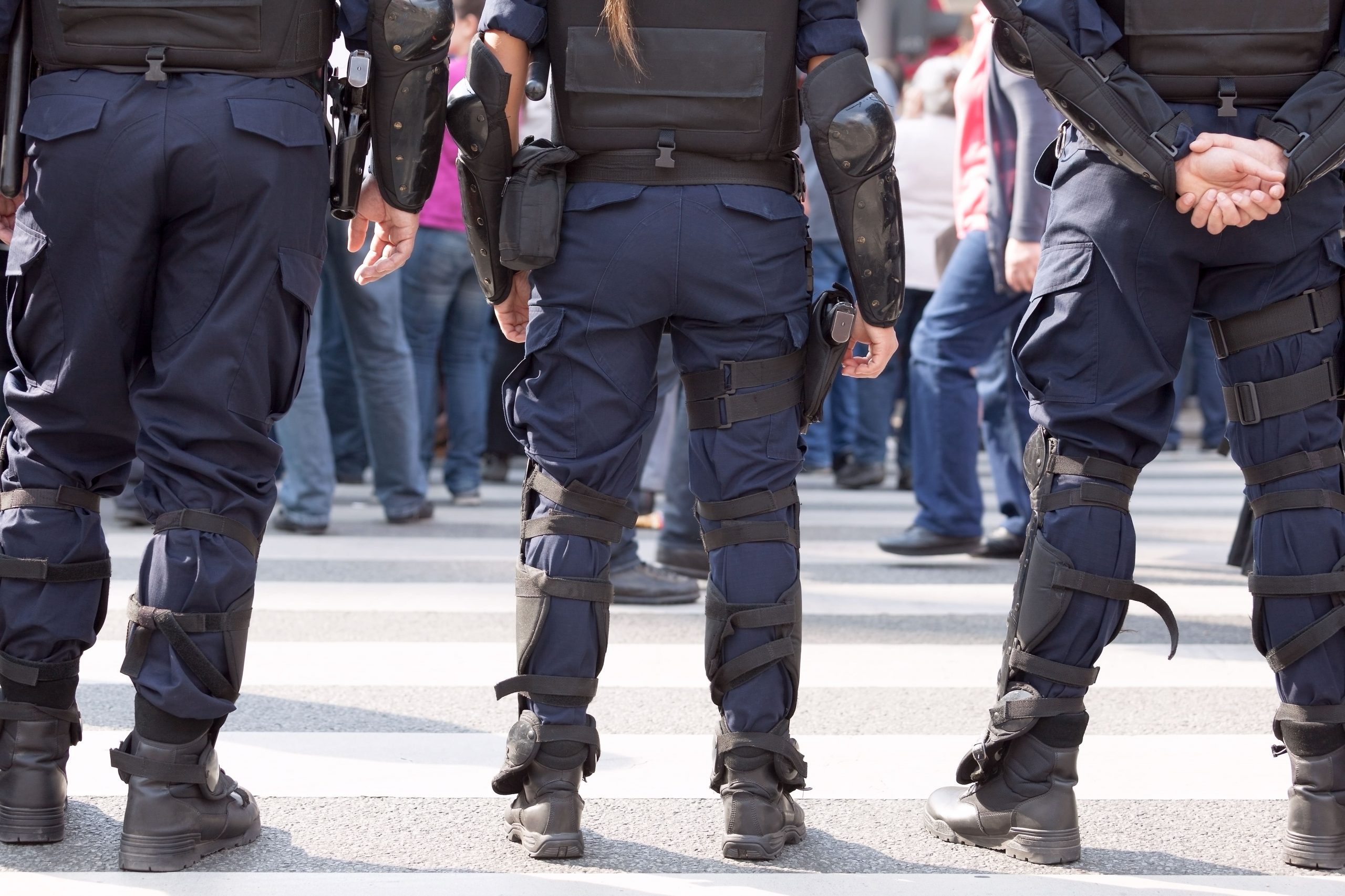Share This Article
ArrayThe NSW Police have been found to have unlawfully used counter-terrorism powers to conduct covert searches on all occasions they have been used, as outlined by the Law Enforcement Conduct Commission in a recent report.
Here is a complete guide on Terrorism laws and offences in Australia.
Whilst police were provided with the special powers via legislative reform in 2002 to prevent or respond to suspected terrorist attacks, they only begun using them in 2006.
The Terrorism (Police Powers) Act 2002 (NSW) was passed by parliament in November 2002, following the Bali Bombings which killed 88 Australians.
The legislation was modelled in accordance with Commonwealth terrorism legislation, as well as anti-terrorism legislation in force in the US and UK.
The powers created were namely ‘covert searches’ and ‘preventive detention powers’.
The covert search powers enable police to apply to the Supreme Court for a warrant enabling officers to enter a premise, without the occupier’s knowledge, and to seize and detain relevant items, as outlined in Part 3.
Warrants will be granted by a Judge where there is reasonable grounds that a terrorist act has been, is being, or is likely to be, committed, and that it is necessary for a ‘covert’ search to occur to assist in responding to or preventing the terrorist act.
It enables officers to impersonate another person for the purposes of executing the warrant, and use such force as is reasonably necessary to enter the premise, as per section 27O.
The preventive detention powers enable officers to arrest a terrorism suspect for the purpose of investigative detention, if a terrorist act concerned occurred in the last 28 days, or there is reasonable grounds to suspect a terrorist act could occur at some time in the next 14 days, as outlined in Part 2AA. This power of police arrest is in contrast to NSW laws.
The LECC Chief Commissioner, Reg Blanch found that the police had failed to develop or maintain policies that were up-to-date and guided officers through the legal requirements of the powers.
The Standard Operating Procedures for both the covert search warrants and preventive detention orders, were out of date and did not provide officers with adequate guidance to ensure that the powers were used appropriately.
The LECC found that whilst it is appropriate that the powers were used scarcely, due to their extraordinary nature, their infrequent use presents challenges.
This makes familiarity with and updates to guidelines important, as officers often will be required to utilise the powers at short notice and in high pressure environments.
Police only utilised the preventive detention powers once, with new investigative detention powers introduced in 2016, which has essentially made them redundant.
The LECC has recommended that the legislature remove these powers.
With respect to the covert search powers, they have only been used nine times, with four of these within the period that the LECC reviewed (2017-20).
There were significant issues with the covert searches performed, with the searches not properly recorded on video, and the occupier’s not provided with notice after.
Only one of the four searches was even recorded on video, and this was done partially.
Whilst the Act does not require that the searches be recorded, the Standard Operating Procedures expect that officers would video record them, unless it is impractical to do so.
Furthermore, an occupier’s notice is required under section 27U of the Act, which includes details about the execution of the warrant, and is to be provided to the occupier of the premises searched, within six months of the warrant’s execution.
The notice must be provided to the issuing Judge for approval within 6 months of the warrant being executed, with it then provided to the occupier once approved.
The Judge may postpone the giving of an occupier’s notice if they are satisfied that there are reasonable grounds to do so but cannot postpone the giving of the notice for more than 18 months in total, unless satisfied exceptional circumstances justify the postponement.
In each other the four warrants, the occupier’s notice police prepared was materially deficient, and did not include any of the details about the execution of the warrants that are required.
Officers were granted initial postponements in relation to each of these notices, and ultimately only one incomplete notice was provided to the legal representative of an occupier.
The other three notices were never given to the relevant occupiers.
Issues have also arisen due to how the covert collection of DNA by police during such searches remains unregulated, and that the Act does not specifically authorise officers to take DNA samples whilst executing a covert search warrant.
Despite this, DNA samples were collected in three out of the four covert searches.
The covert search power warrants were executed as part of investigations that resulted in the arrests and charging of three persons for offences related to terrorism.
Of these persons, two pleaded guilty and received sentences of imprisonment.
One of these persons was 22-year-old Isaac El Matari who was convicted of multiple terrorism offences in 2021.
They included preparing or planning for a terrorist act in Australia and preparing to commit an incursion into a foreign country (namely Afghanistan) with the intention of engaging in hostile activities.
El Matari received a maximum term of seven years and four months, with a non-parole period of five-and-a-half years.
During the execution of the covert search warrant, officers uncovered an incomplete Australian passport application in Mr El Matari’s bedside table, his photocard identification, two 511 tactical backpacks and a book from St Mary’s library titled ‘Terrorism and Extremism’ by Grace Jones.
A further covert search warrant was executed to obtain Mr El Matari’s mobile phone, with images of IS Propaganda, violent images of fighting, injured and deceased civilians including children and beheadings, and combatants firing weapons found.
Upon sentence, Justice Peter Garling remarked how El Matari had “grandiose ideas” regarding his position in the Islamic State (IS) group in Australia, but simply “did a lot of talking.”
Book a Lawyer Online
Make a booking to arrange a free consult today.
Call For Free Consultation
Call Now to Speak To a Criminal Defence Lawyer
Over 40 Years Combined Experience
Proven SuccessAustralia-Wide
Experienced LawyerGuarantee
 (02) 8606 2218
(02) 8606 2218
 (02) 8606 2218
(02) 8606 2218












